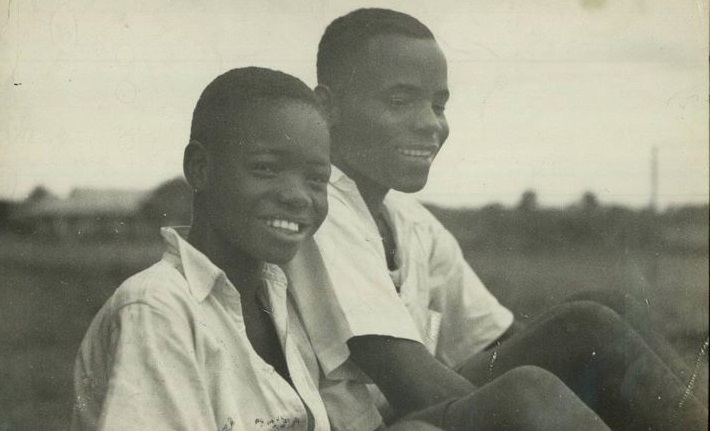
In this editorial of The Nigerian Provincial Guardian of 17 April, 1937, originally titled; “Education of the Mind,” the writer discusses what ought to be the object of education for the youth.
The chief objects of mental education are to cultivate and discipline the mind, and to store it with those great facts and principles which compose the elements of all knowledge. The studies to be pursued then are to be chosen with reference to these objects, and not merely for the purpose of ramming the mind a vast store house of knowledge. This may be done, and yet leave it a mere lumber-room. For without the capacity to analyse, and turn it to account, all the knowledge in the world is but useless lumber. It is of great importance that young people should understand and appreciate this principle because it is intimately connected with their success in acquiring a good education.
This understanding of the objects of education is necessary to stimulate the young to prosecute their studies in the most profitable manner, if their object were merely to acquire knowledge, the more aid they could get from their teachers, the better. Because the would thus obtain information the more rapidly. But the object being to discipline the mind, call forth its energy, and obtain a thorough knowledge of elementary principles, which is studied out, by the unaided efforts of the pupil, is worth a hundred times more than that which is communicated by an instructor. The every effort of the mind which is requisite to study out a sum in Arithmetic, or a difficult sentence in language is worth more than it costs for the increased power which it imparts to the faculties so exercised. Such efforts are also valuable, for the confidence which they inspire in one’s power of accomplishment.
To know one’s ability to do, and have confidence in it, is indispensable to success in any undertaking. Such confidence is inspired by unaided efforts to overcome difficulties in the process of education. When a boy, encountering a very difficult sum in arithmetic, after spending much time on it with-out success I sought the aid of a school teacher who failed to render me any assistance. I then applied with-out success, to several other persons. Thus I was thrown back upon my own resources. I studied upon it several days without success. After worrying my head with it one evening, I retired to rest, and dreamed out the whole process, I do not suppose there was anything supernatural in my dream; but the sun was the absorbing object of my thoughts, and when sleep had closed the senses they still ran on the same subject. Rising in the morning with clear head and examining the question anew, it opened upon my mind with perfect clearness; All difficulty shed, and in a few moments the problem solved. I can scarcely point to any single thing which has had more influence upon the course of my life than this. It gives me confidence in my ability to succeed in any reasonable undertaking. But for this confidence, I should not have thought of entering upon the most useful undertakings of my life. I mention this circumstance to encourage you to independent mental effort in prosecuting your studies. Try to overcome every difficulty without the aid of others, this practice, bedsides giving you confidence will give you a better knowledge of the branches you are pursuing; and enable you as you advance to proceed much more rapidly. Every difficulty you overcome, by your own unaided efforts; will make the next difficulty less.





















